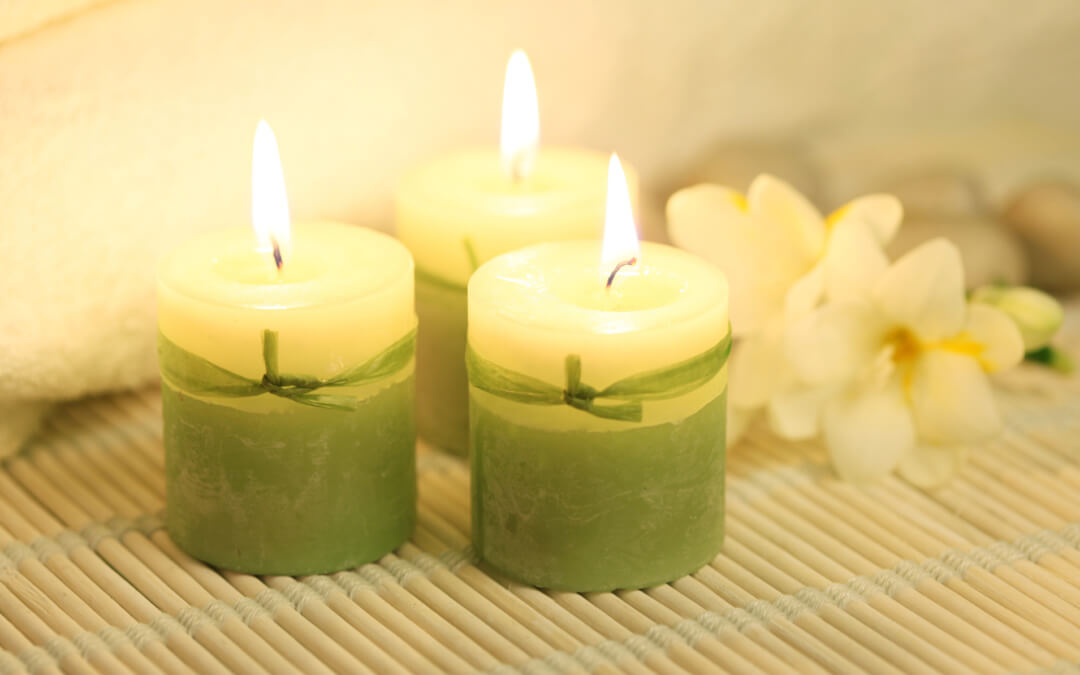A Frequently Asked Question
A question I’m often asked is “how many sessions will I need?”. I always try to be as helpful as possible when I answer but everything I say ends up sounding a bit like “how long is a piece of string?”. There’s a reason for this though, and I’m going to quote my friend and colleague Lori at Love Your Life here, because she hits the nail on the head.
“A question therapists can get asked often is ‘how long will it take (to heal)? And we (the therapists) are often left to explain that we can’t ethically say; we don’t actually know. Each client is individual, each story is individual, each response to each event in each client’s life is individual. We are not linear, life isn’t clear, and none of us know. What may feel better after a couple of sessions for one person may take many sessions with another. It just is. And that is the therapeutic journey. And I’m sorry the answer isn’t clearer.”
There are so many influencers
So many different things affect the speed with which you recover or feel better. Here are just some of them:
1. how long you’ve felt this way
Therapists tend to believe that the longer you’ve been feeling unwell, the longer it will take you to feel better – there is a direct correlation between the two. Complementary therapy isn’t a magic pill and the way it’s thought to work is a bit like peeling away the layers of an onion. The older and bigger the onion, the thicker the layers!
2. what stressors you have in your life
Stress hampers the healing process, so if you’re going through a period of significant stress, you are going to take longer to feel better than someone who isn’t. Complementary therapy may improve your ability to deal with the stress over time but it can’t take it away; so while the stress is there you are likely to need regular sessions.
3. what other things you’re doing to help yourself
Lifestyle changes can often improve your ability to heal. If you eat a lot of processed food for example, you might feel better if you ate more freshly prepared meals. Similarly if you’re feeling anxious, drinking lots of caffeinated drinks might just be making you feel worse. If you can’t remove the stressors in your life, you need to work harder to mitigate them. Having regular treatments obviously might help but it rarely works in isolation, so also taking time out every day to do something relaxing is important. Whether that’s a long soak in the bath or a 5 minute meditation or deep breathing exercise at your desk, it’s important to find something that works for you. The more you do for yourself, the less you will eventually need to rely on therapies designed to relax you.
4. how well your chosen therapy works for you
Everyone has their ‘best’ therapy. For me it’s generally Reflexology, but I find that Reiki is particularly helpful for me when I’ve had a shock or emotional event. If my shoulders are feeling physically tense, then I love the feel of a nice massage.
Everyone also responds to each therapy in a different way. For some the relief is instant; for others it takes some time and for others still, it may feel like nothing has changed. I always say it’s worth giving something a go, but you do have to give it a chance to do its thing. One treatment of any therapy is rarely enough to assess how beneficial it will be to you in the long run.
5. whether your health can improve
Complementary therapy is designed to improve your body’s ability to self-heal, but it isn’t magic. If you have a chronic or degenerative health condition then all it is ever likely to do is help to manage your symptoms and/or make you feel better.
I have provided end of life treatments to people to help reduce their stress and improve the quality of what life they have left and they really appreciate the benefits, but they know it won’t extend their lives.
So all of this is why it’s almost impossible for me to tell you how many sessions you will need, particularly before I’ve met you, taken a full consultation and found out what’s going on with your body.
This article is based on my own experiences only. It isn’t intended to be a substitute for medical advice. Complementary therapists do not claim to be able to diagnose or cure.


Recent Comments